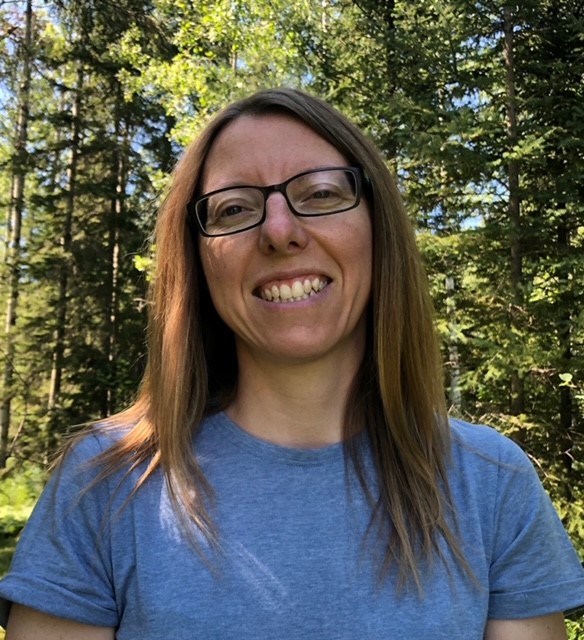Course Outline: SNC1W
The following document is the course outline for the SNC1W course offered by Christian Virtual School. It contains the course description, unit outline, teaching & learning strategies, and the curriculum expectations addressed. This outline can also be viewed as a PDF using the download link provided.
Science, Grade 9, De-Streamed
Course Code: SNC1W
Grade: 9
Course Type: De-streamed
Credit Value: 1.0
Prerequisite(s): None
Curriculum Document: Science, The Ontario Curriculum, Grade 9, 2022
Developed By: Sarah McKercher
Department: Science
Development Date: February 2023
Most Recent Revision Date: February 2023
Teacher(s):
Course Description:
This course enables students to develop their understanding of concepts related to biology, chemistry, physics, and Earth and space science, and to relate science to technology, society, and the environment. Throughout the course, students will develop and refine their STEM skills as they use scientific research, scientific experimentation, and engineering design processes to investigate concepts and apply their knowledge in situations that are relevant to their lives and communities. Students will continue to develop transferable skills as they become scientifically literate global citizens.
| Overall Curriculum Expectations |
|---|
STEM Skills, Careers, and Connections
|
Biology: Sustainable Ecosystems
|
Chemistry: The Nature of Matter
|
Physics: Principles and Applications of Electricity
|
Earth and Space: Space Exploration
|
Resources Required:
This course is entirely online and does not require nor rely on any textbook. The materials required for the course are:
- A smart phone, camera, or similar device to record video and sound,
- A scanner, smart phone camera, or similar device to upload handwritten or hand-drawn work,
- Online access to third party software,
- Access to a webcam,
- Up-to-date operating system,
- Up-to-date browser.
Teaching and Learning Strategies:
Teaching and learning strategies assist both teachers and students in achieving specific learning objectives. A number of methods have been used to create an online learning environment that will engage students in a variety of ways and support their understanding of scientific concepts. These strategies may include:
- Clearly described unit expectations
- Hands-on lab activities
- Virtual lab activities
- Virtual field trips
- Animations and simulations
- Creative problem solving
- Case Studies
- Assessment FOR learning activities
- Student reflection and self-assessment
- Discussions of issues relating science to technology, society, and the environment
- Research Reports
- Opinion-based Reports
- Concept-supporting games
- Model building
- Field observations
Assessment and Evaluation Strategies of Student Performance:
Every student attending Christian Virtual School is unique. We believe each student must have the opportunities to achieve success according to their own interests, abilities, and goals. Like the Ministry of Education, we have defined high expectations and standards for graduation, while introducing a range of options that allow students to learn in ways that suit them best and enable them to earn their diplomas. Christian Virtual School’s Assessment, Evaluation, and Reporting Policy is based on seven fundamental principles, as outlined in the Growing Success: Assessment, Evaluation, and Reporting in Ontario Schools document.
When these seven principles are fully understood and observed by all teachers, they guide the collection of meaningful information that helps inform instructional decisions, promote student engagement, and improve student learning. At Christian Virtual School, teachers use practices and procedures that:
- are fair, transparent, and equitable for all students;
- support all students, including those with special education needs, those who are learning English, and those who are First Nation, Métis, or Inuit;
- are carefully planned to relate to the curriculum expectations and learning goals and, as much as possible, to the interests, learning styles and preferences, needs, and experiences of all students;
- are communicated clearly to students and parents or guardians at the beginning of the school year or course and at other appropriate points throughout the school year or course;
- are ongoing, varied in nature, and administered over a period of time to provide multiple opportunities for students to demonstrate the full range of their learning;
- provide ongoing descriptive feedback that is clear, specific, meaningful, and timely to support improved learning and achievement; and
- develop students’ self-assessment skills to enable them to access their own learning, set specific goals, and plan next steps for their learning.
For more information on our assessment and evaluation strategies, refer to Section 6, Student Achievement, in the Course Calendar.
Program Planning Considerations:

